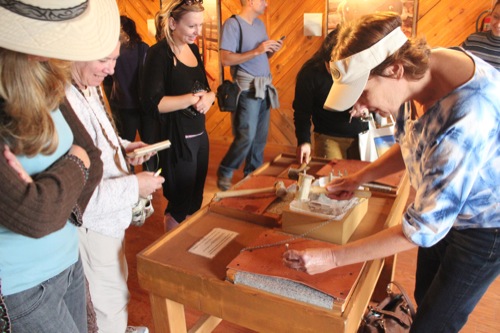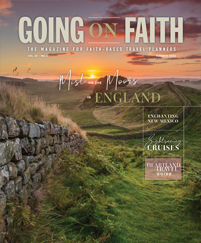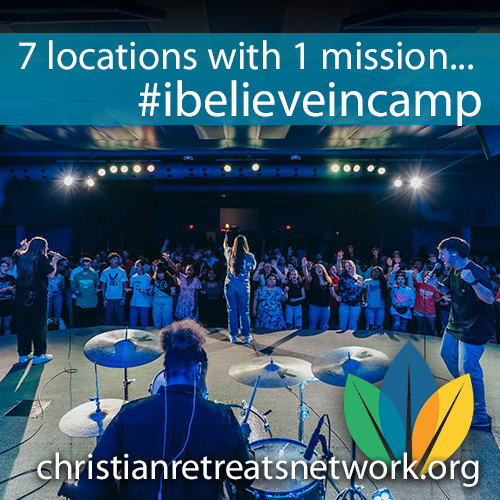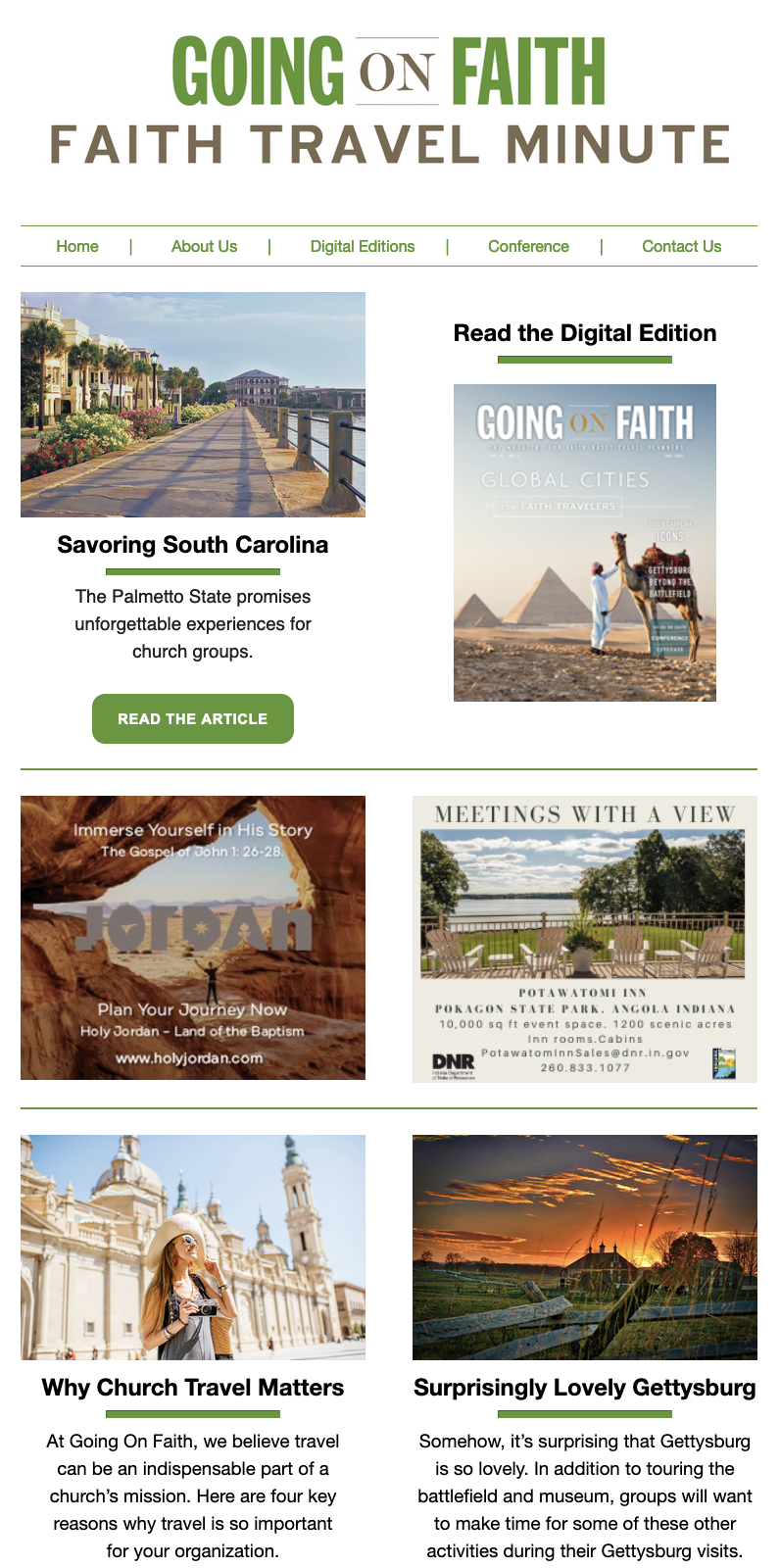
Learners will want to experience every facet of a museum
The Learner
Intellectual curiosity is the hallmark of the Learner, a travel personality that sees education and fun as one and the same. Learners experience travel through their intellects and see tourism as a golden opportunity to broaden their knowledge base and discover all kinds of new things.
Learners are likely to value history, and they want to know all of the historical details about the places they visit. They are fascinated by facts, figures and trivia. They love tour-guide commentary and will pepper guides with detailed questions all throughout a trip. When the rest of the group has fallen asleep during a long drive, the learners will still be listening to the guide’s lectures about flora, fauna and geography.
Learners love to linger at museums — give them enough time and they’ll look at every exhibit and read every informational panel. You often have to hurry them along in order to keep a tour moving.
The Connector
You may call them extroverts or social butterflies, but I call them Connectors — people who are energized and excited about having conversations and interactions with other people. These people are always making human connections wherever they go.
On a tour, the Connector is a person who wants to meet the locals and makes friends with them quickly. Connectors value people-to-people interactions, and they want to know what daily life feels like in the places they’re visiting. They don’t collect souvenirs as they travel — they collect new friends.
Connectors tend to be the people that enjoy travel experiences that make other people on the trip uncomfortable. At a dinner show, the Connectors love being pulled onstage by a cast member to dance. Connectors also thrive on activities like in-home visits and other “personal space” experiences that can leave others in your group feeling shy.
The Pilgrim
In religious circles, the term “pilgrim” has a very specific meaning, referring to someone who is traveling to a certain place on a spiritual quest. For the context of our discussion, I’d like to broaden that definition a bit: In tourism, the Pilgrim is any person who is on a personal mission to visit a specific destination or site.
The Pilgrims have joined your trip because one destination, attraction, activity or other aspect appeals to them in a very personal way. On a faith-based trip to the Holy Land, many of your travelers may be Pilgrims. But you’ll find Pilgrims on other tours, too — a traveler who has always dreamed of seeing the Grand Canyon or a Vietnam veteran going to visit his memorial in Washington, D.C., for the first time. Someone who lost a family member on D-Day might be a Pilgrim on a visit to Normandy; someone who lost a loved one on 9/11 may be a Pilgrim on a visit to New York.
Pilgrims can pose certain challenges in a group setting. They’ve often done extensive study about their target destination before arriving, so they might hound the guide with detailed questions — or even corrections — that bore the rest of the group. And since they may have an emotional attachment to those places, they can become frustrated when others in the group don’t value the time there the same way they do.










